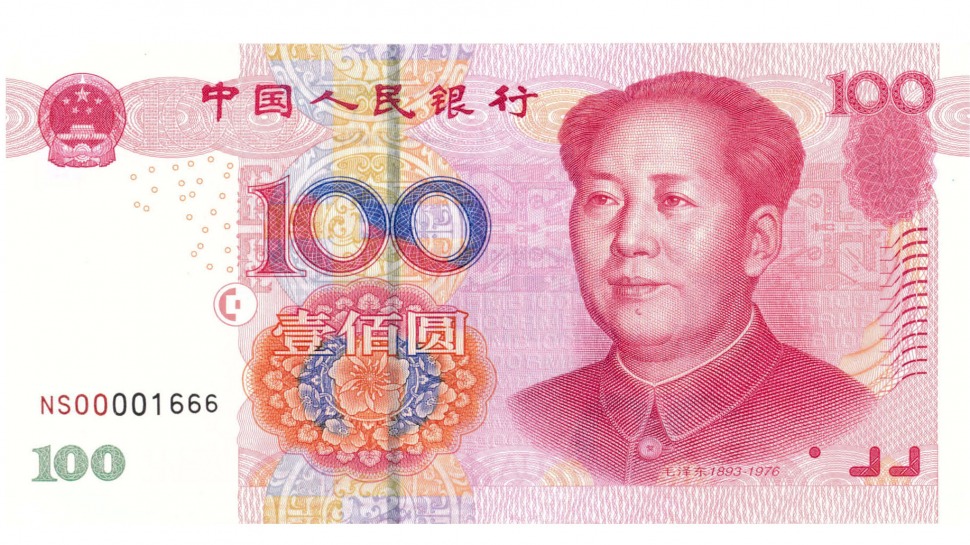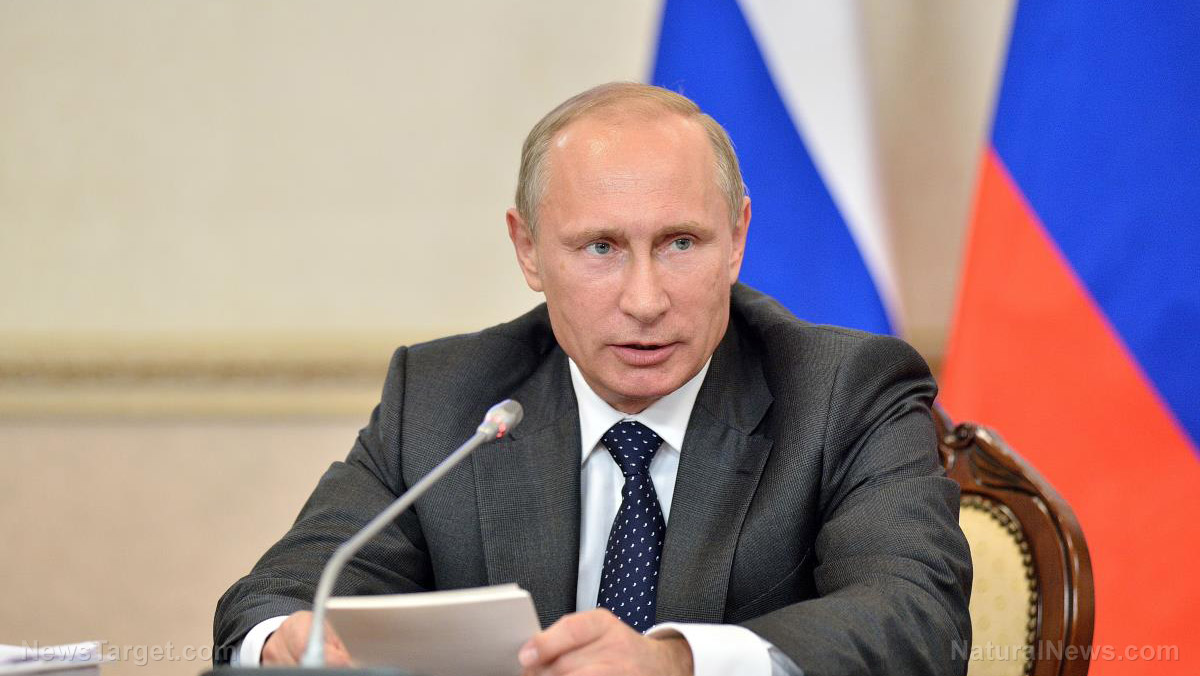China completes first ever digital YUAN purchase for cross-border oil transaction as global DE-DOLLARIZATION accelerates
10/26/2023 / By Ethan Huff

The Shanghai Petroleum and Natural Gas Exchange (SHPGX) just completed its first ever cross-border transaction for oil in digital yuan rather than the petrodollar.
Chinese financial news outlet Yicai was the first to report that PetroChina International purchased one million barrels of crude oil using digital yuan, this being the first time an overseas oil settlement on the SHPGX was completed using the currency. The name of the seller of the oil has not been disclosed.
Earlier this year, the SHPGX made several transactions in regular yuan, including the yuan-denominated PetroChina and TotalEnergies liquefied natural gas (LNG) transaction that occurred back in March. According to the exchange, there have been four such LNG transactions so far this year.
(Related: There is a massive “everything bubble” that is about to pop, and it is all being led by the collapsing bond market.)
China’s digital yuan project has been in the works since 2014 when the world’s second-largest economy first piloted the electronic currency in numerous regions throughout the country.
China has long been planning to use the regular yuan and the digital yuan as replacement currencies for the dollar in international trade and finance. And other countries who are members of the BRICS (Brazil, Russia, India, China and South Africa) bloc are in favor of ditching the dollar for some other alternative as well.
Brazilian President Luiz Inacio Lula da Silva back in August called for the creation of a common BRICS currency to completely circumvent the dollar-based financial system that keeps United States and Western hegemony over world affairs intact.
Lula da Silva stated that a common BRICS currency “increases our payment options and reduces our vulnerabilities,” suggesting that BRICS members are tired of the U.S. being in control of everything in global finance and trade.
The U.S. only accelerated this de-dollarization process when it forced Russia out of the SWIFT messaging system at the start of the war in Ukraine. Since most global payments are made through SWIFT, Russia’s banning from it by the U.S. has only “supercharged,” to quote one media source, the global shift away from the dollar.
We do not yet know, but could soon learn, to whom PetroChina paid digital yuan for the purchase of crude oil. It is not entirely out of the question that it was Russia, considering the country’s exclusion from SWIFT. Not only that, but oil exports to China recently hit a record high, which further suggests Russia as the recipient.
“Kudos to their efforts to shift away from the corrupted dollar banking system,” one commenter on a news story about all this wrote.
“The amount of non-dollar cross-border transactions has increased steadily since sometime in the 1970s,” suggested another about how this has been an ongoing project long in the making.
“An overwhelming amount, roughly 90 percent of all trade, was in dollars at that time. Now, it stands at around 55 percent or so. This has been slowly ratcheting up ever since nations began to realize that the dollar was fiat and what that actually means. It will only accelerate from here.”
“Not so easy to sanction countries or confiscate their assets when a different payment system gets introduced,” wrote another about the stupidity of the U.S. in shutting Russia out of SWIFT. “Eventually you could get sidelined altogether.”
“This is intentional self-destruction by bought-off politicos following the central bank model,” responded someone else. “Bad for us Americans, worse though that they intend to clamp down much further into communism.”
The world is ditching the dollar, which is heading towards a cliff. Learn more at Collapse.news.
Sources for this article include:
Submit a correction >>
Tagged Under:
big government, bubble, China, collapse, conspiracy, crude oil, cryptocurrency, currency crash, currency reset, De-dollarization, digital yuan, dollar demise, economic collapse, finance riot, money supply, PetroChina International, petrodollar, risk, Shanghai Petroleum and Natural Gas Exchange, SHPGX, TotalEnergies, Us Dollar, yuan
This article may contain statements that reflect the opinion of the author
RECENT NEWS & ARTICLES
COPYRIGHT © 2023 DeDollarization.news
All content posted on this site is protected under Free Speech. DeDollarization.news is not responsible for content written by contributing authors. The information on this site is provided for educational and entertainment purposes only. It is not intended as a substitute for professional advice of any kind. DeDollarization.news assumes no responsibility for the use or misuse of this material. All trademarks, registered trademarks and service marks mentioned on this site are the property of their respective owners.

















